Like over-packaging, the bulk market is gaining ground . Driven by a desire to consume more responsibly, to ban plastic packaging and to limit their environmental impact , many consumers are swapping their pre-packaged purchases for unpackaged consumption.
Buying in bulk drastically reduces packaging waste and food waste . In response to demand, the bulk market is growing and diversifying. It now offers a large majority of food products, as well as hygiene and perfumery products. Ready to switch to bulk?

How to switch to bulk?
Buying in bulk is a somewhat different way of shopping and involves a profound shift in one's consumption habits. But the benefits are numerous.
Buying in bulk allows you to avoid packaging, consume the right amount, buy only what you need, save money, and curb impulse buying. Indeed, the absence of marketing on packaging allows for more responsible consumption.

What is a bulk product? Definition
By definition, a bulk product is the sale of a non-prepackaged product, in a chosen quantity and purchased using reusable containers . The consumption of bulk products is part of a zero waste, zero waste approach. 
We're moving on to bulk
Switching to bulk shopping can sometimes be daunting, because you need to be equipped to do your shopping. You'll need washable and reusable packaging : fabric bulk bags, glass jars, glass bottles, and containers for household products. You can easily find all of these containers in stores.
To limit your initial investment, you can, for example, keep any glass jars you may have at home: jam jars, ratatouille jars, soup jars, mustard jars, etc.
Introduction to bulk
If you've never shopped in bulk before, start slowly . You can get started by finding out where the bulk grocery stores are located near you. Don't hesitate to stop by first, look around, and ask questions to understand how the store operates.
Next, start by purchasing a few products. For example, you can start with household products. This way, you'll gradually reduce your daily waste. If you have any doubts, don't hesitate to ask for help at the store.
Finally, once you've familiarized yourself with the store, for your first shopping trips, we recommend choosing fabric bags to make your purchases easier . Glass jars are less practical to carry. Choose different sizes of bags: small, medium, and large. Before you go shopping, put all your containers in your shopping bag or basket.
When storing your bulk food, choose a dry, dark place. Also, close your jars tightly to prevent food moths.
Organic stores and stores entirely dedicated to bulk goods are growing in popularity. As of October 2020, there were 528 stores specializing in bulk goods. The offerings have also diversified in large and medium-sized stores.
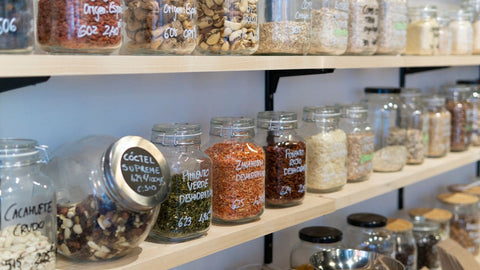
Buying in bulk: What can I buy?
Bulk food products
Almost all foods are available in bulk : fruits, vegetables, pasta, rice, legumes, cereals, dried fruits, coffee, spreads, and many everyday products are available in bulk. With the exception of milk, olive oil, and frozen products, the sale of which is regulated and prohibited in France.

Bulk non-food products
In addition to food products, you'll also find household products and cosmetics. Some stores offer the option of making your own cosmetics.
A person who wants to move towards zero waste can easily consume 80% of products without packaging.
Is bulk buying economical?
Yes, bulk is more economical, if you compare a product to a comparable product , that is: the same variety, the same manufacturing location and the same brand. In general, the pre-packaged product will be more expensive than the one sold in bulk.
Buying in bulk therefore allows you to save money. The same goes for organic products. When you buy an organic product in bulk, some can be 5% to 50% cheaper than the same packaged product.
What are the advantages of bulk?
Consuming in bulk offers a triple advantage:
-
Eco-friendly : Bulk shopping helps preserve resources and save energy, thanks to a consumption method that avoids packaging and waste. In fact, bulk shopping can be considered one of the solutions to packaging waste and food waste. Bulk consumption prioritizes the elimination of disposable items; allows for better management of desired quantities and limits waste. Bulk shopping advocates a zero-waste approach.
-
Discover other food products : Having the opportunity to buy in smaller quantities allows you to diversify your consumption by discovering other products.
- Economical : Buying in bulk allows you to reorganize your budget, avoid food waste and reduce your waste and therefore your household waste tax.

With a view to reducing waste and conscious consumption in mind , start with a gradual transition. Bulk consumption is a virtuous practice that allows you to control your consumption and radically eliminate packaging , particularly all single-use packaging as well as non-recyclable packaging. Even if individual actions remain limited to stop the progression of disposable packaging, switching to bulk allows you to do yourself good while respecting the planet.

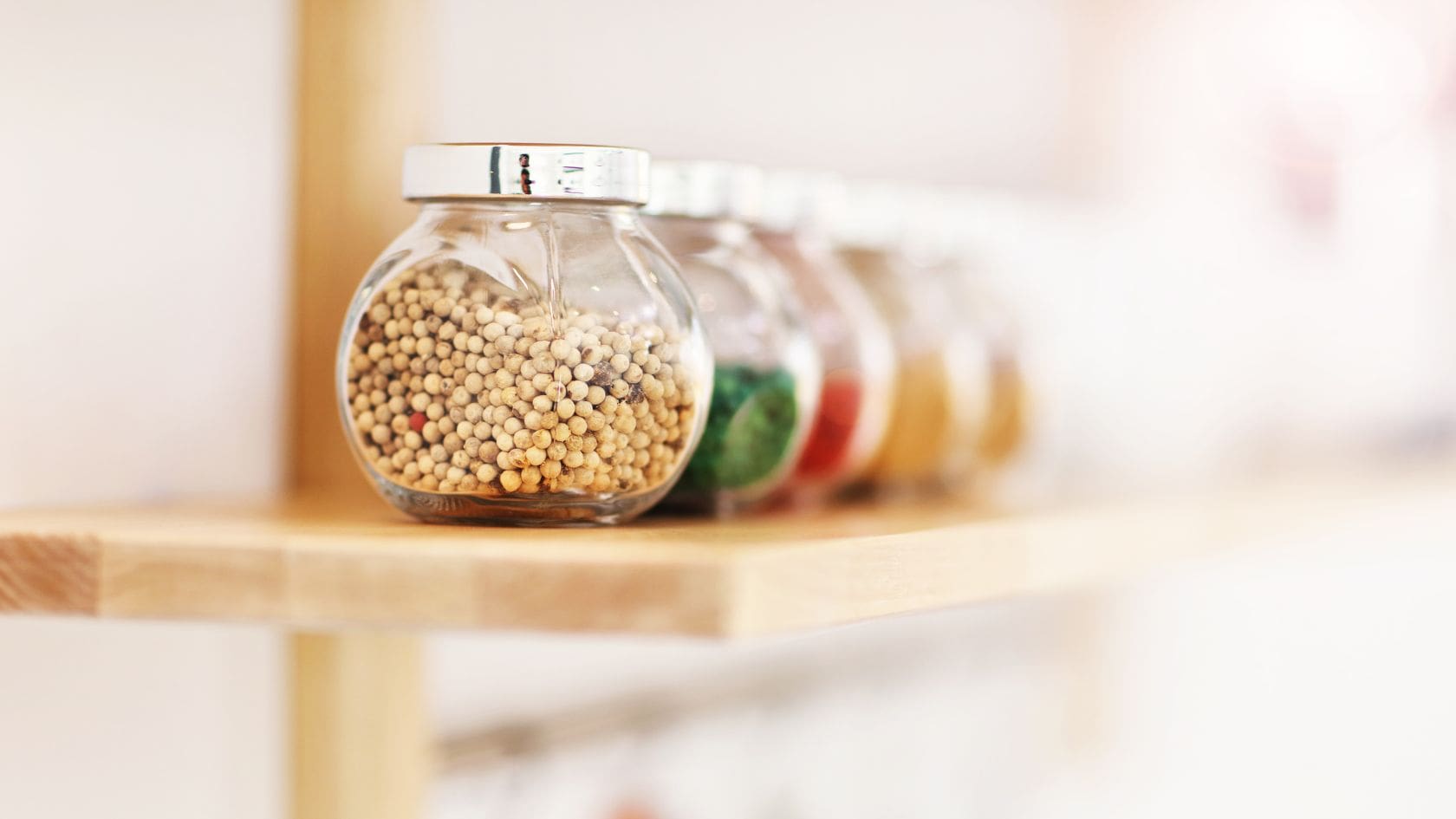
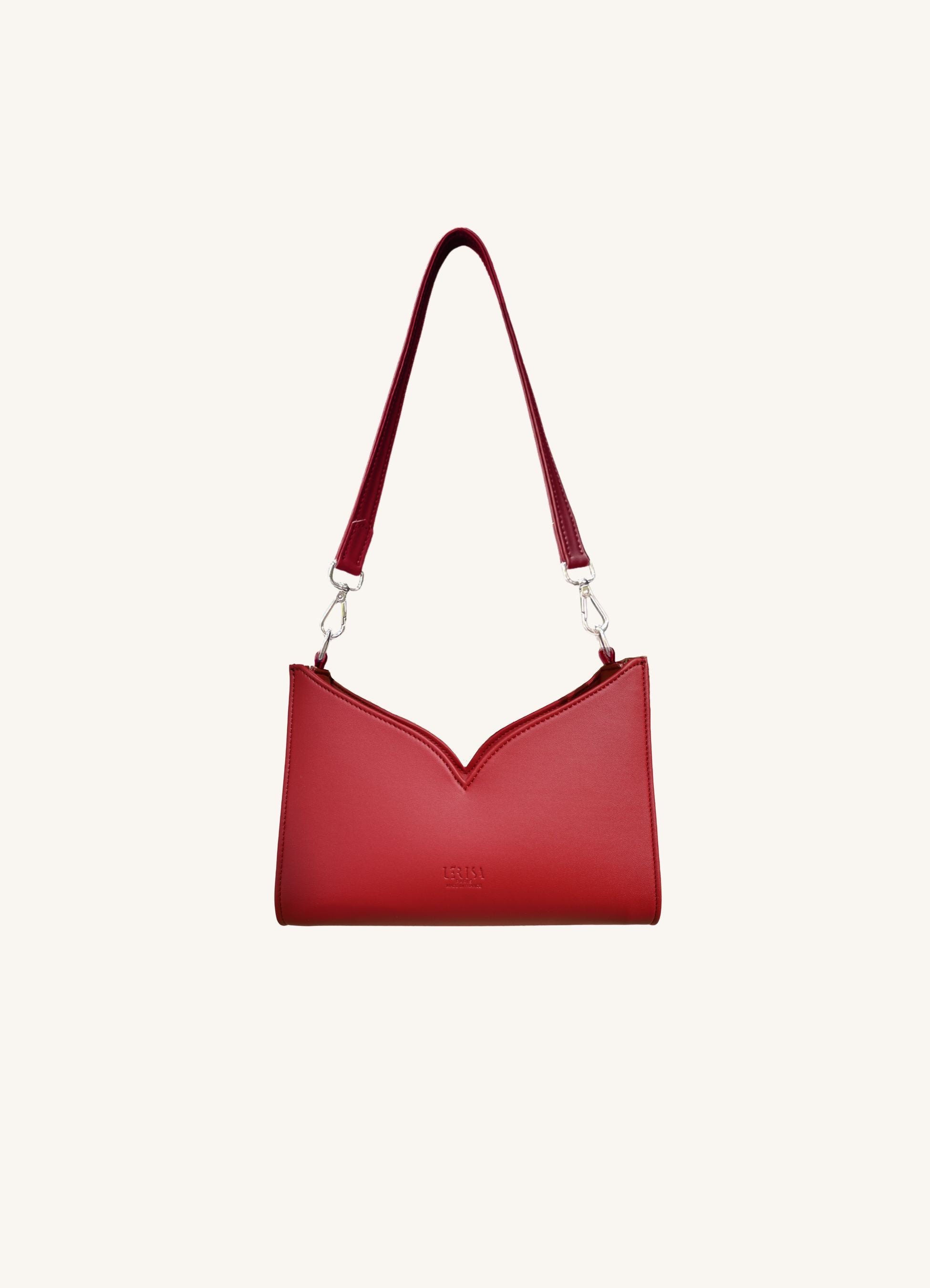
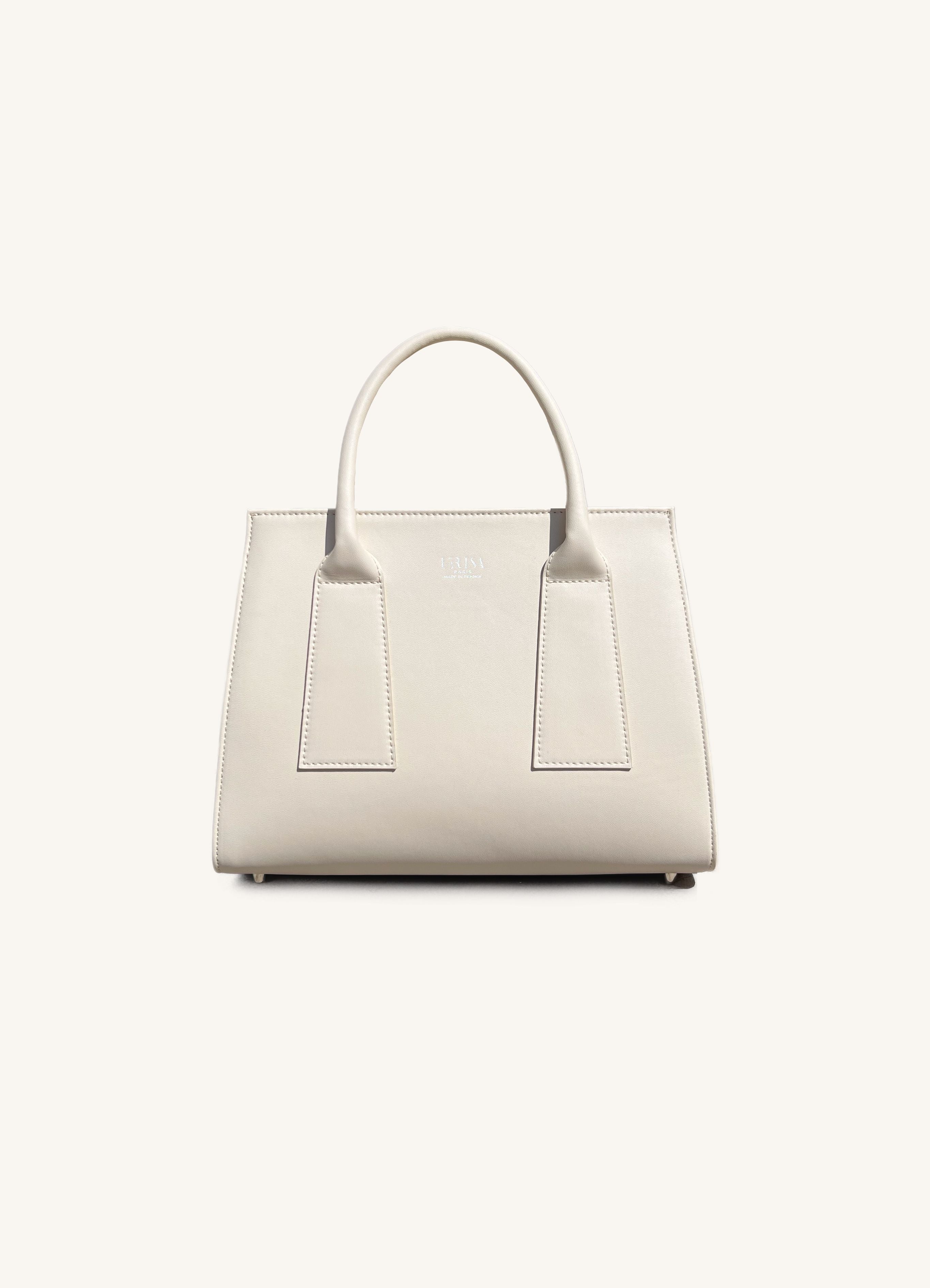
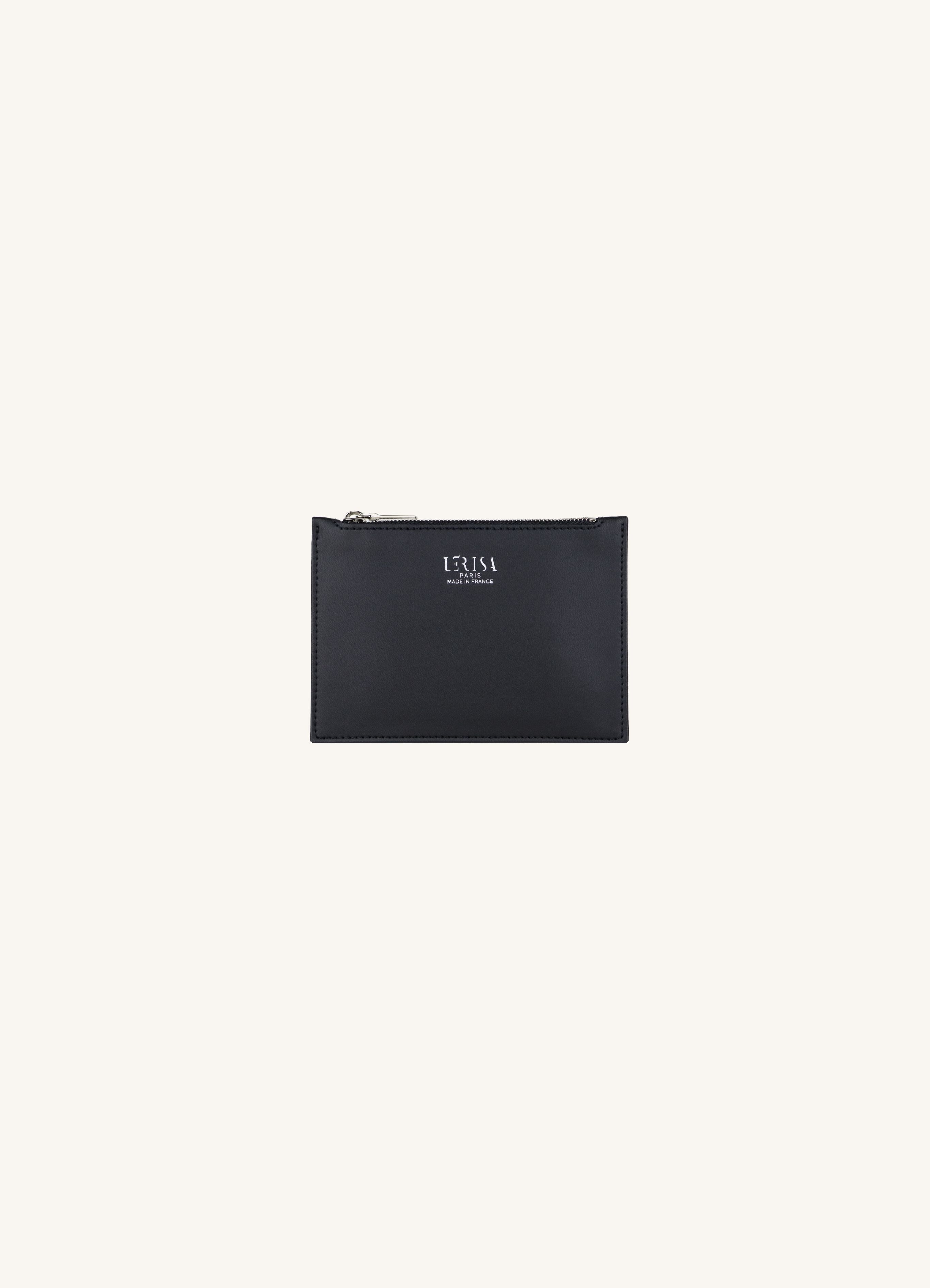
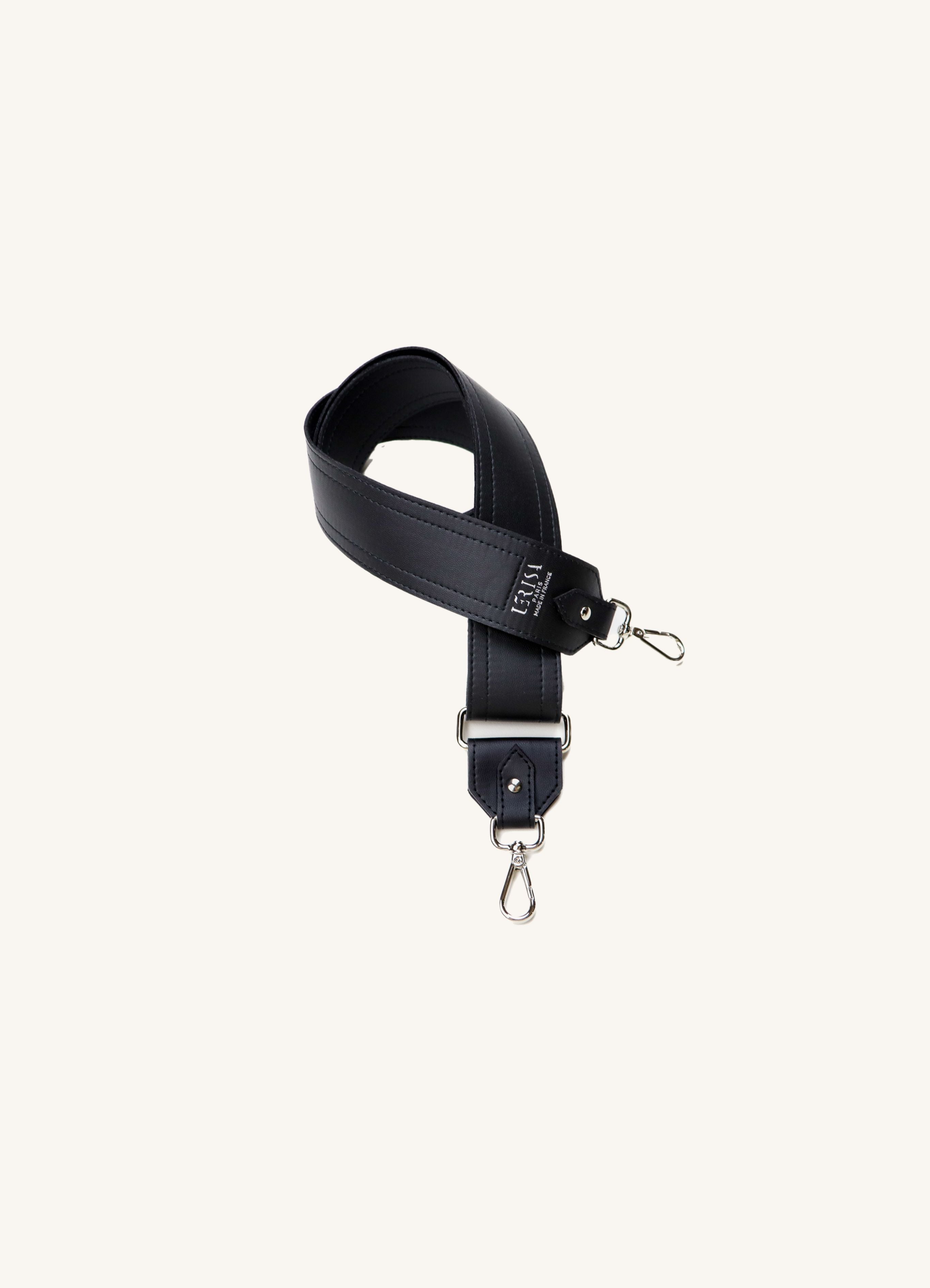
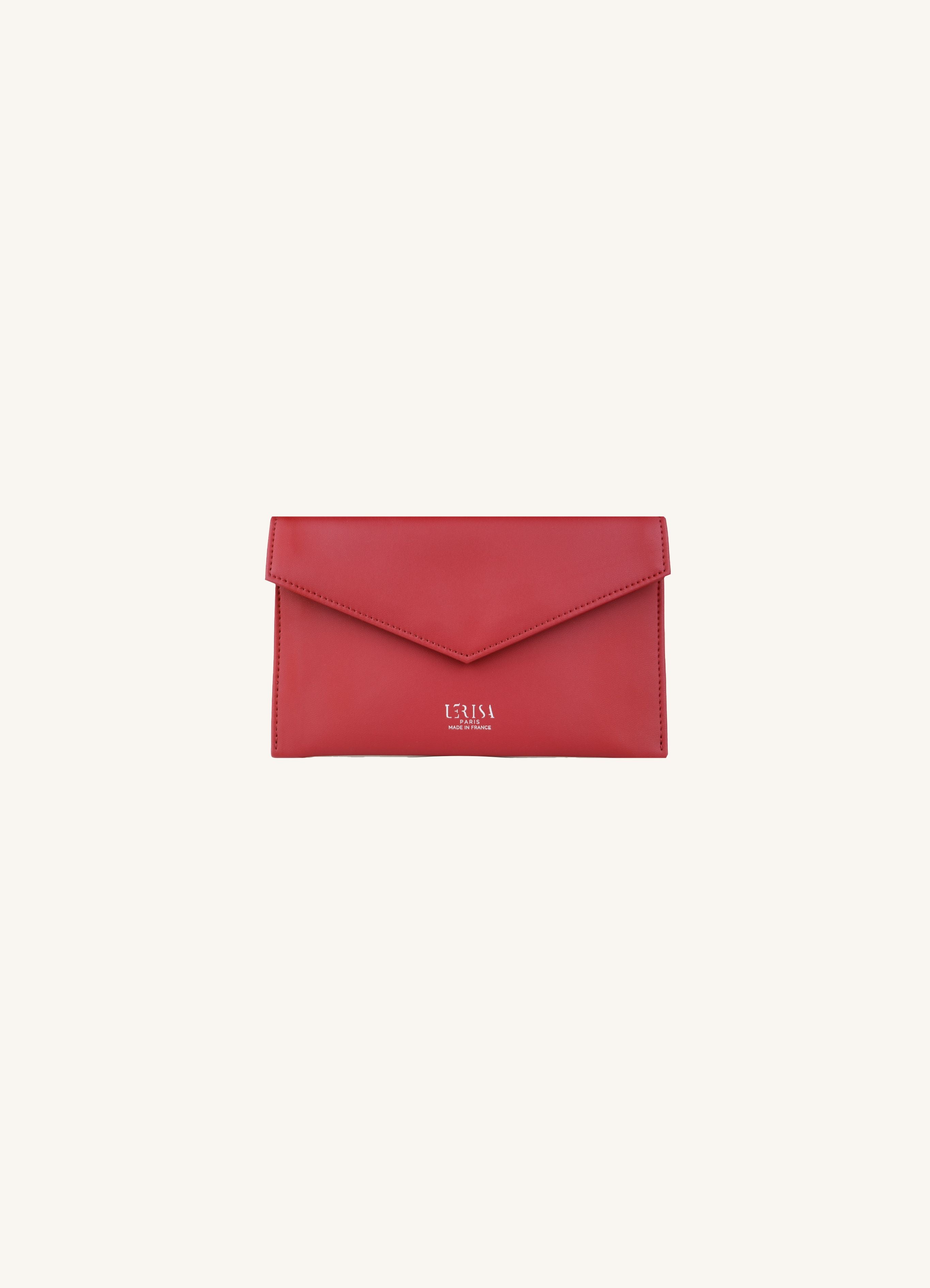
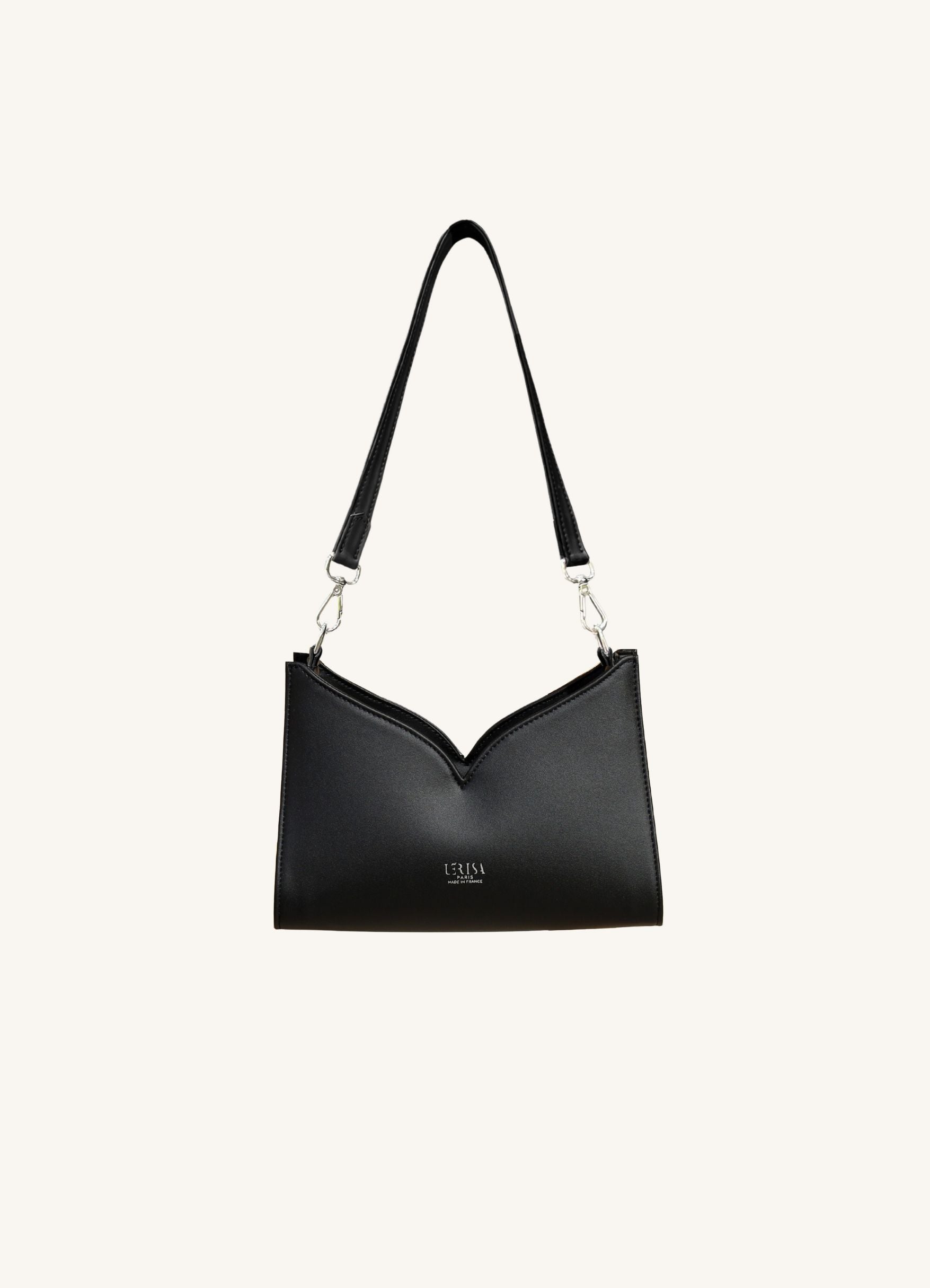
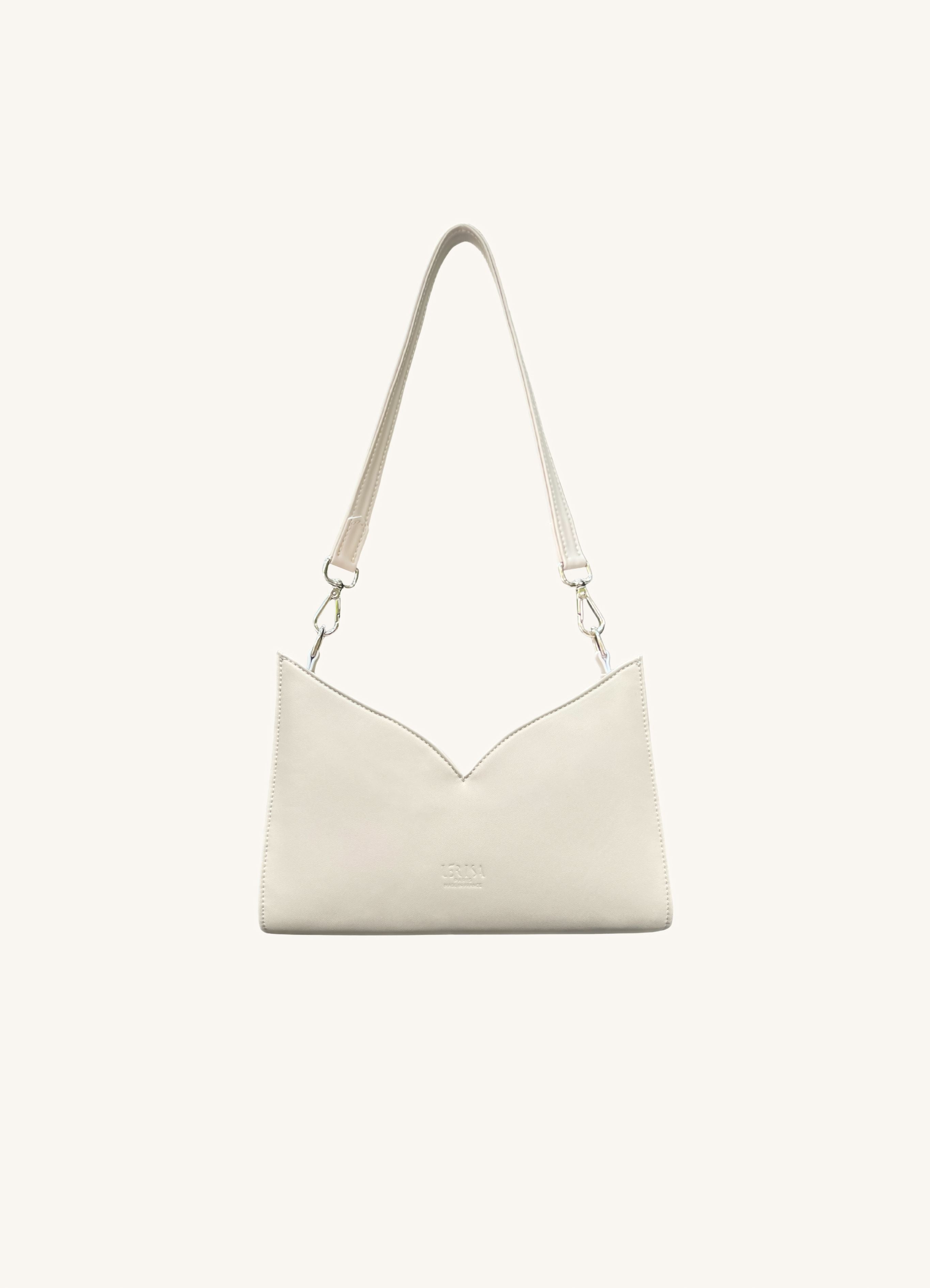
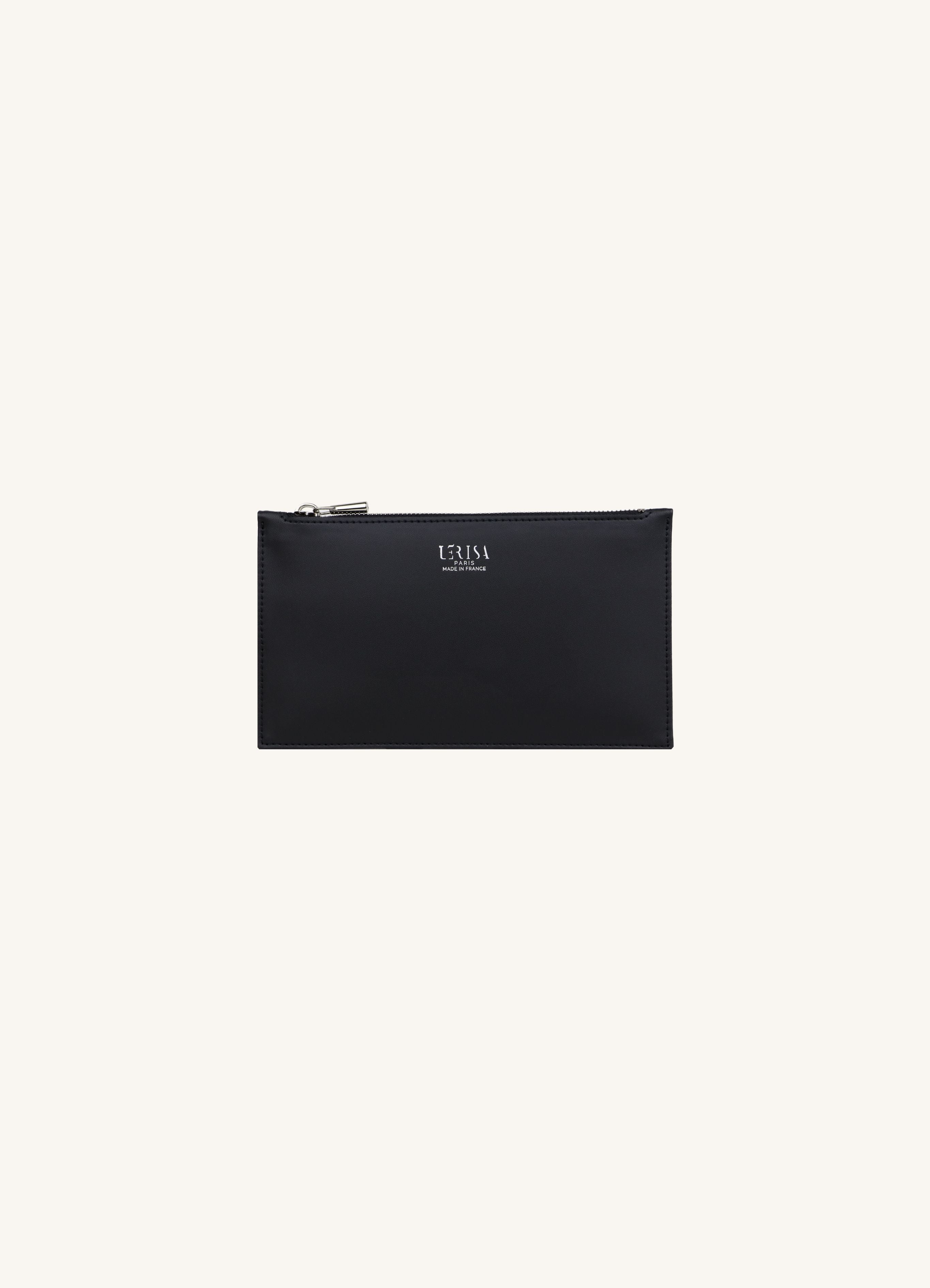
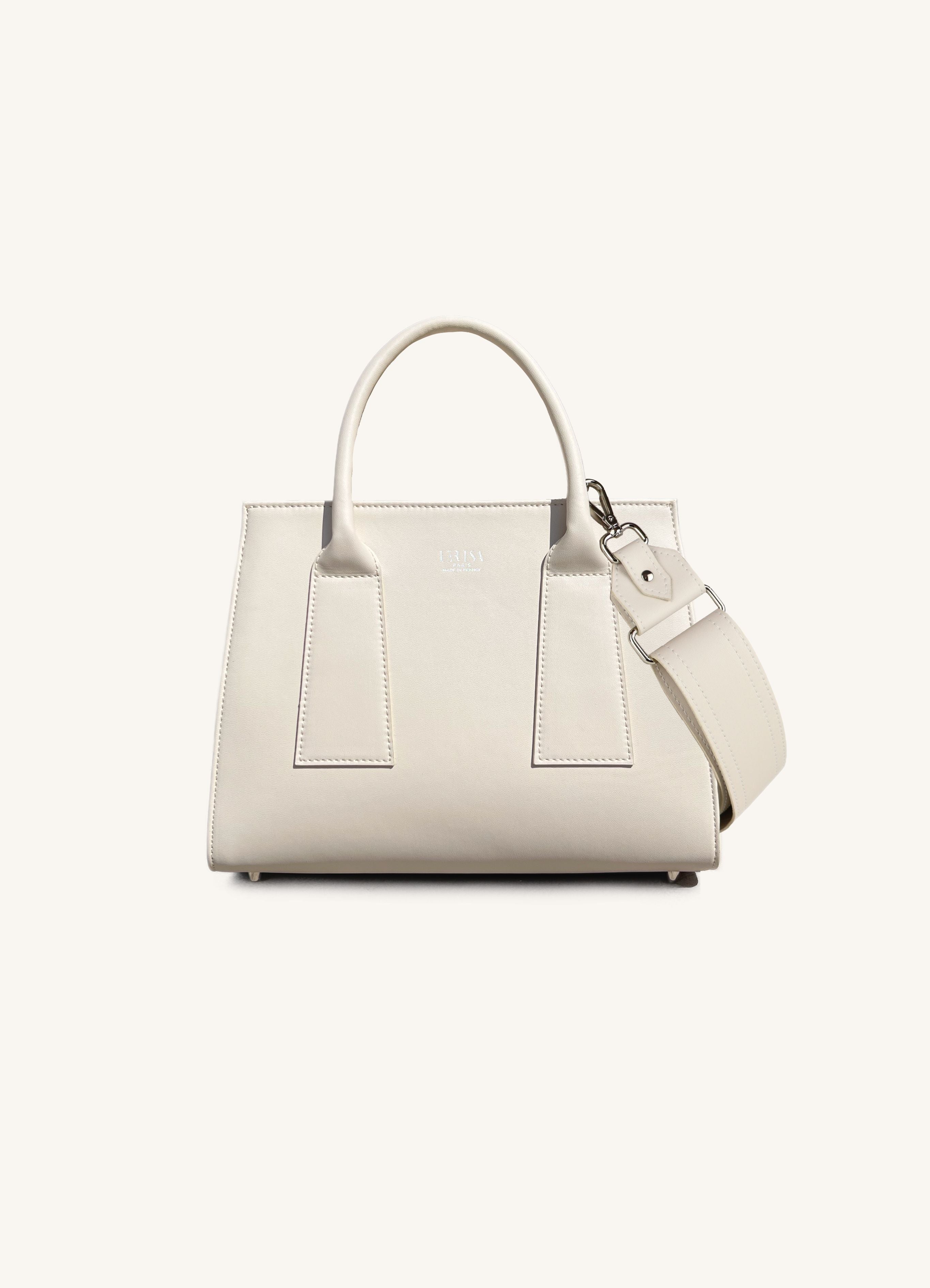

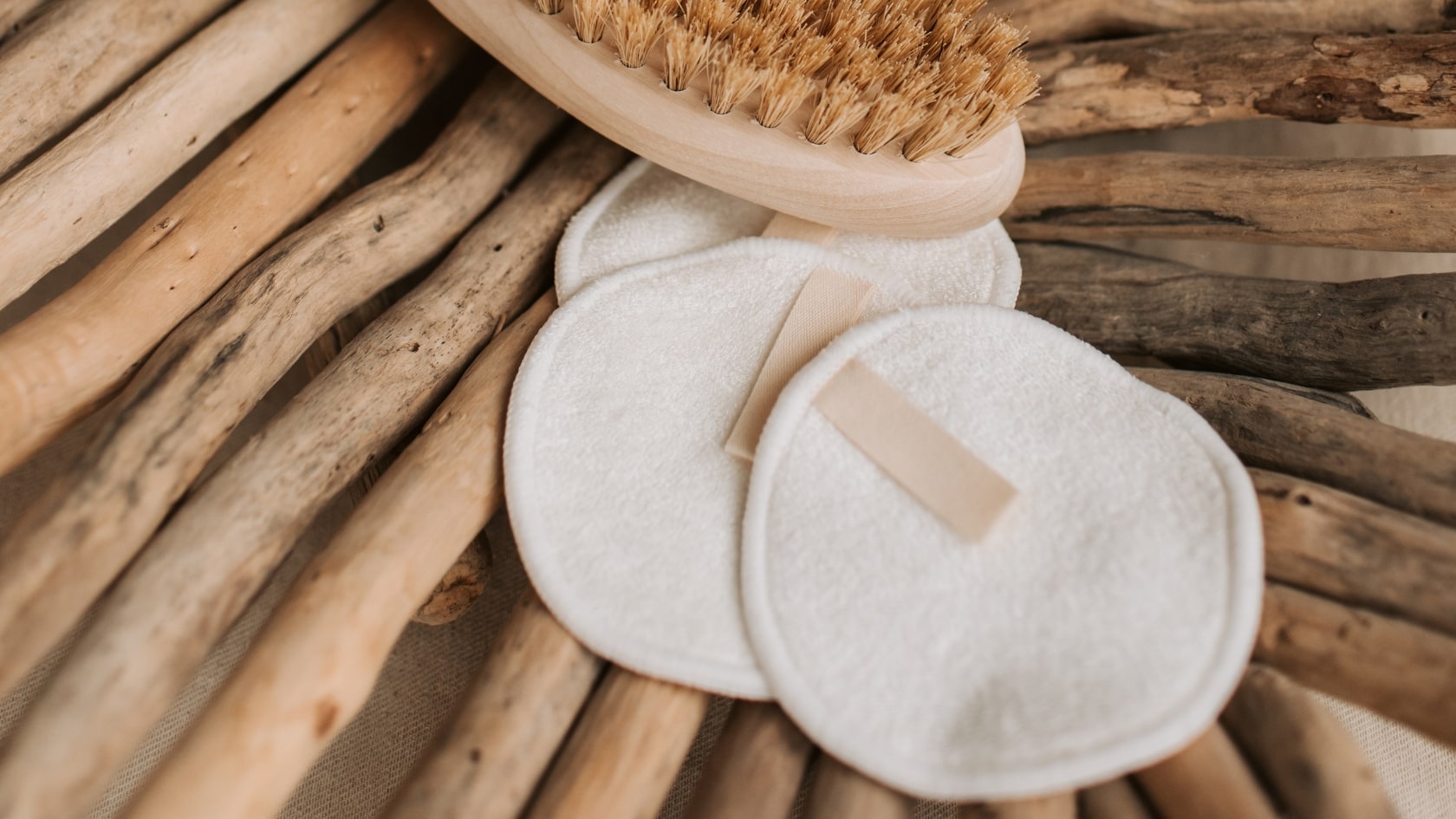
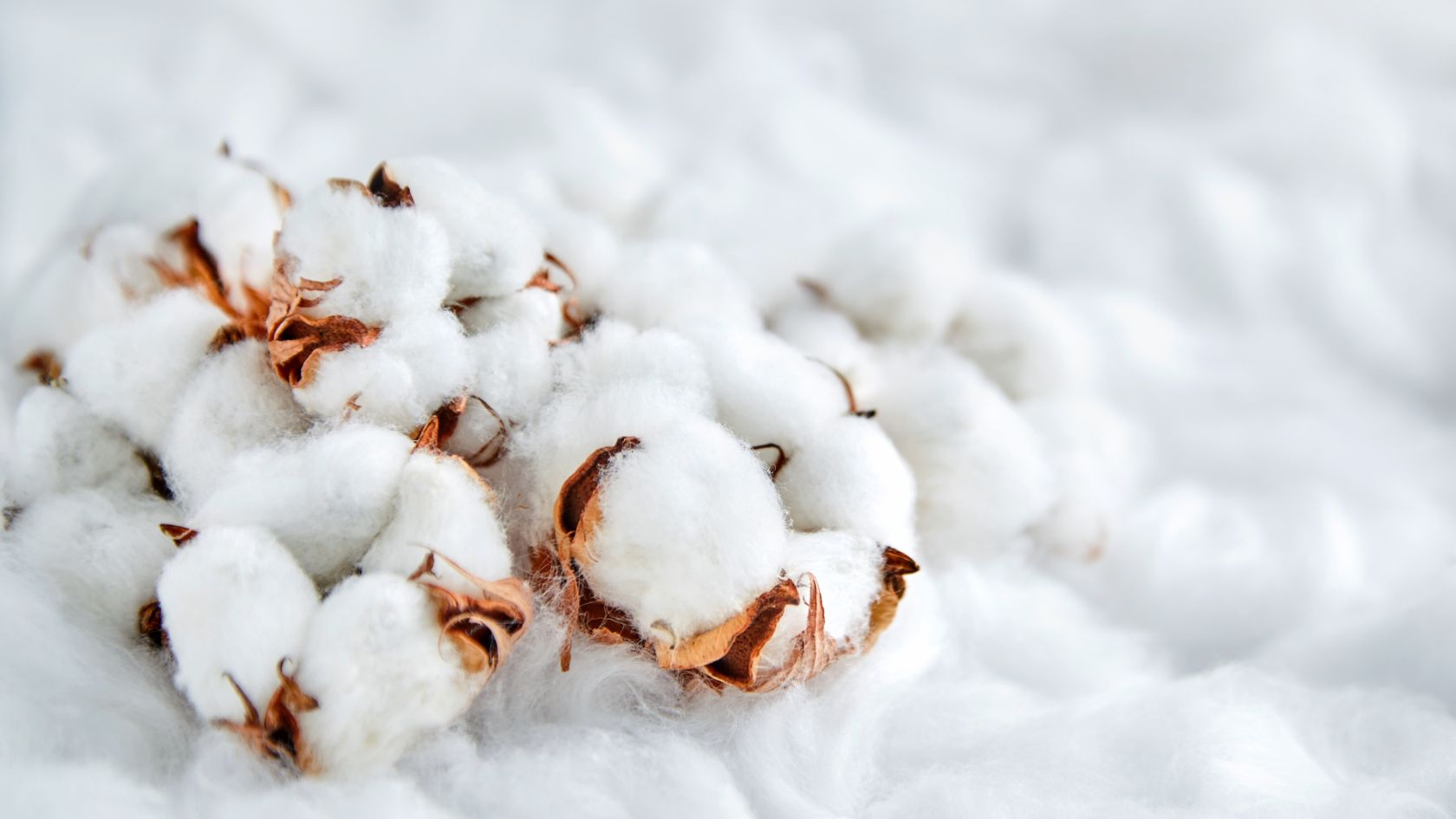
Leave a comment